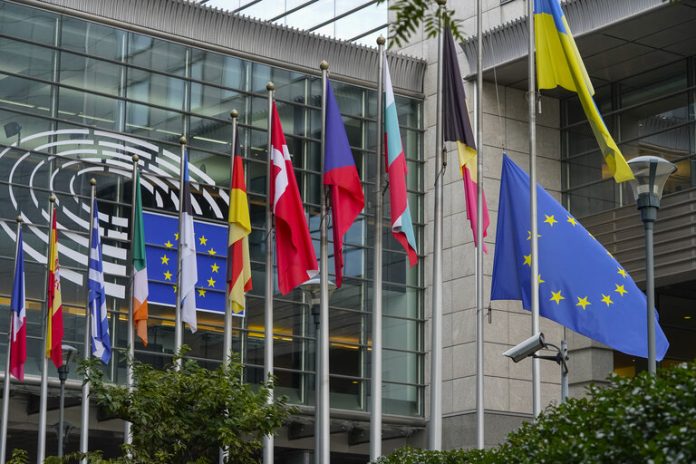The European Parliament voted on Thursday to include RePowerEU measures in national recovery plans to support independence from Russian fossil fuels and to accelerate the green transition, a file of which two of the three rapporteurs are Romanians, Siegfried Muresan (EPP group) and Dragos Pislaru (Renew group), according to Agerpres.
According to the text adopted in plenary session with 471 votes in favour, 90 against and 53 abstentions, EU member countries presenting an amended recovery and resilience plan after the entry into force of this proposal will have to include measures to save energy, produce clean energy and diversify their energy supply, according to the provisions of the RePowerEU plan.
MEP Siegfried Muresan said RePowerEU will help people affected by high energy prices and energy insecurity, and help businesses, regions and countries.
”We will make available EUR 20 billion of new funds and mobilise up to EUR 200 billion in loans to reduce our dependence on Russian gas and Russian fossil fuels, to improve our energy infrastructure and interconnection. Through new investments, we will be able to move energy from where it is to where it is needed. We will improve our energy efficiency, so we will consume less energy to achieve our goals, because less energy consumption also means less dependence on Russia. We will accelerate our investments in renewable energies,” Muresan said.
„I want to start with something that our president (Roberta Metsola, ed. n.) mentioned earlier. Today, the European Parliament has shown the core of democracy, (it has come up with) rapid and effective solutions that will have an impact on European citizens. I think this is the most important part that I want to insist on,” co-rapporteur Dragos Pislaru said in the same press conference.
He added that the Recovery and Resilience Mechanism, created two years ago, is now complemented by RePowerEU, which allows governments to improve their recovery plans by investing in more energy efficiency, the fight against energy poverty and green energy resources.
Another element highlighted by Dragos Pislaru is transparency, with the European Parliament and civil society asking the governments of the member states to show how the new funds will be used and who will be the beneficiaries.
”It is important to have a proper dialogue and the RePowerEU measures will have to be developed and implemented together with civil society, the business sector, regional and local authorities,” the MEP insisted.
Agerpres




